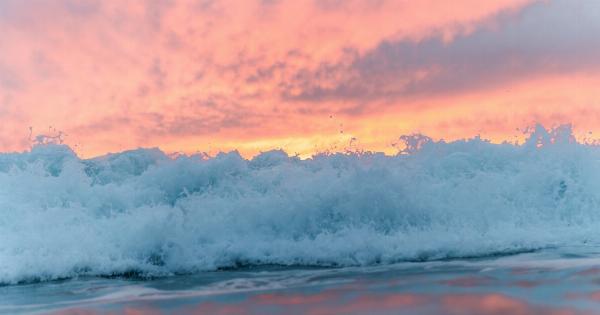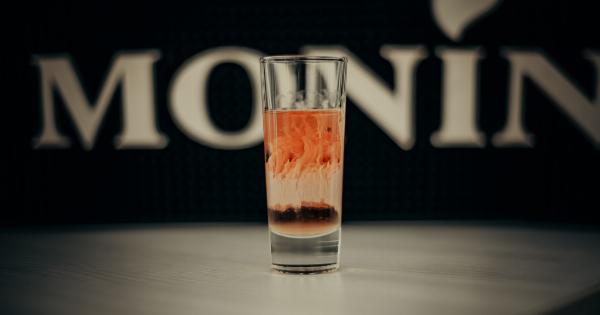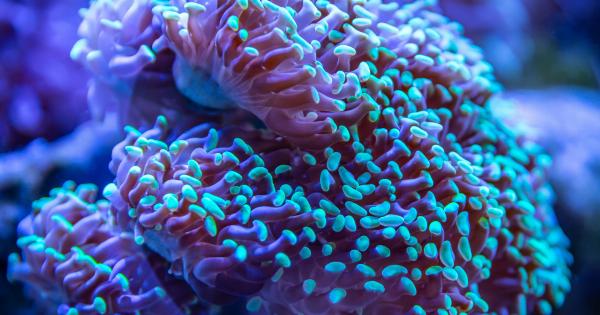Summer is a season of fun and relaxation, but it can also wreak havoc on your hair. The harsh sun, chlorine from swimming pools, and saltwater at the beach can all strip your hair of its moisture and leave it looking dull and dry.
However, with a few simple tips and tricks, you can protect your hair from these summer elements and keep it healthy and vibrant all season long.
1. Shield Your Hair from the Sun
The sun’s rays can be incredibly damaging to your hair, causing color fading, dryness, and breakage. To protect your hair from the sun:.
- Wear a hat or scarf to cover your hair when you’re out in the sun for prolonged periods.
- Use a hair product with UV protection. Look for leave-in conditioners, sprays, or serums that contain SPF to protect your hair from the sun’s harmful rays.
2. Hydrate Your Hair
Moisture is key to combating the dryness that summer can bring to your hair. Here’s how you can keep your hair hydrated:.
- Deep condition your hair regularly. Use a moisturizing hair mask or conditioner once a week to replenish lost moisture.
- Avoid using hot water to wash your hair. Opt for lukewarm or cool water instead, as hot water can strip your hair of its natural oils and leave it dry and brittle.
3. Protect Your Hair from Chlorine
Chlorine is commonly found in swimming pools and can cause your hair to become brittle and discolored. Follow these steps to protect your hair from chlorine:.
- Rinse your hair with clean water before entering the pool. This will minimize the amount of chlorine your hair absorbs.
- Apply a hair oil or serum before swimming to create a barrier between your hair and chlorine.
- Wear a swim cap to protect your hair from direct contact with chlorine in the water.
- After swimming, rinse your hair thoroughly with clean water to remove any residual chlorine.
4. Minimize Heat Styling
Excessive heat styling can further damage your hair during the summer months. Try these alternatives to minimize heat damage:.
- Air dry your hair whenever possible. Take advantage of the warm weather and let your hair dry naturally.
- If you must use heat styling tools, apply a heat protectant spray to your hair beforehand to minimize damage.
- Opt for hairstyles that don’t require heat styling, such as braids, buns, or ponytails.
5. Use a Wide-Toothed Comb
Using a wide-toothed comb can help prevent breakage and minimize damage while detangling your hair. Avoid using brushes or fine-toothed combs, especially when your hair is wet, as they can cause more stress and breakage.
6. Stay Hydrated
Healthy hair starts from within, so make sure to drink plenty of water throughout the day to keep your hair hydrated and moisturized.
7. Limit Sun Exposure
While it’s important to enjoy the sun, excessive exposure can be harmful to your hair. Limit your time in direct sunlight, especially during the peak hours of the day.
8. Trim Regularly
Regular trims are essential for maintaining healthy hair, especially during the summer months when the ends can become dry and prone to split ends. Schedule a trim every 6-8 weeks to keep your hair looking its best.
9. Protect Your Hair at the Beach
If you’re planning a day at the beach, take extra precautions to protect your hair:.
- Apply a leave-in conditioner or oil to your hair before heading to the beach.
- Tie your hair up in a loose bun or braid to minimize exposure to sand, saltwater, and wind.
- Wear a wide-brimmed hat or scarf to shield your hair from the sun.
10. Be Mindful of Hair Accessories
Some hair accessories can cause damage and breakage, especially during the summer. Be mindful of the following:.































